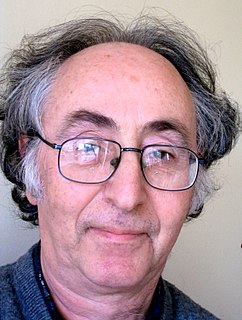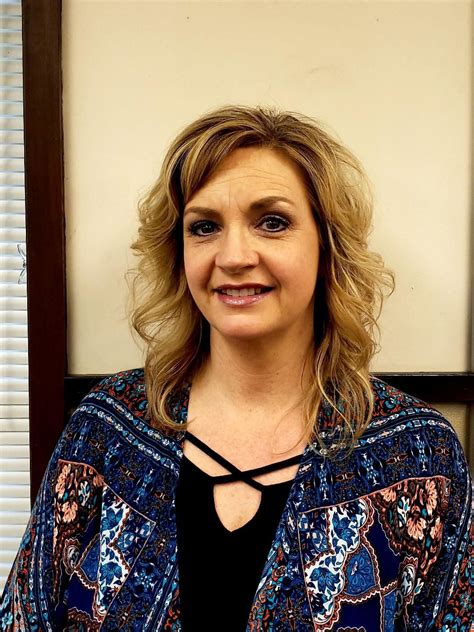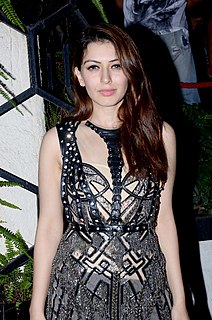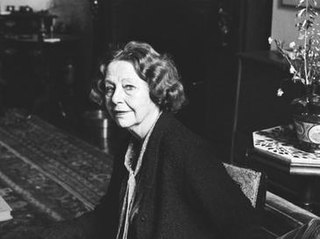A Quote by Rupert Sheldrake
I have been a scientist for more than 40 years, having studied at Cambridge and Harvard. I researched and taught at Cambridge University, was a research fellow of the Royal Society, and have more than 80 publications in peer-reviewed journals. I am strongly pro-science.
Related Quotes
In 1922, I got a small stipend from the Swedish-American Foundation and went to Cambridge, England, for a few months and thereafter to Harvard University. In the summer, Cambridge was rather empty, but I am grateful for many pleasant talks about economics with Austin Robinson who, in the summer of 1922, seemed to be about as lonely as I was.
I got a PhD from Harvard and a few years later, there was a girl from Sunderland who hadn't got into Oxford or Cambridge, even though she'd got perfect A-levels. Harvard asked me to come and recruit her because I was recruited out of university by Harvard - they were trying to show that people could make it.
[My father] was a banker. He was the president of the Cambridge Trust Company, the head of the trust department, and he taught classes at the Harvard Business School. And he was a member of the Harvard Faculty Club, which I am, too, because what I did is... I have the same name as my father, only Jr.
My experience came before most of you were born. My school was a state school in Leeds and the headmaster usually sent students to Leeds University but he didn't normally send them to Oxford or Cambridge. But the headmaster happened to have been to Cambridge and decided to try and push some of us towards Oxford and Cambridge. So, half a dozen of us tried - not all of us in history - and we all eventually got in. So, to that extent, it [The History Boys] comes out of my own experience.
I had a certificate that said, 'Doctor of Mixology, Harvard University,' that I actually got from Harvard University. A friend of mine was a research assistant over there and it was one of those student or university perks and she brought me in on that. So I am a doctorate from Harvard and it only took me one afternoon.
I believe it to be of particular importance that the scientist have an articulate and adequate social philosophy, even more important than the average man should have a philosophy. For there are certain aspects of the relation between science and society that the scientist can appreciate better than anyone else, and if he does not insist on this significance no one else will, with the result that the relation of science to society will become warped, to the detriment of everybody.
Harvard (across the river in Cambridge) and Boston are two ends of one mustache. ... Without the faculty, the visitors, the events that Harvard brings to the life here, Boston would be intolerable to anyone except genealogists, antique dealers, and those who find repletion in a closed local society.




































